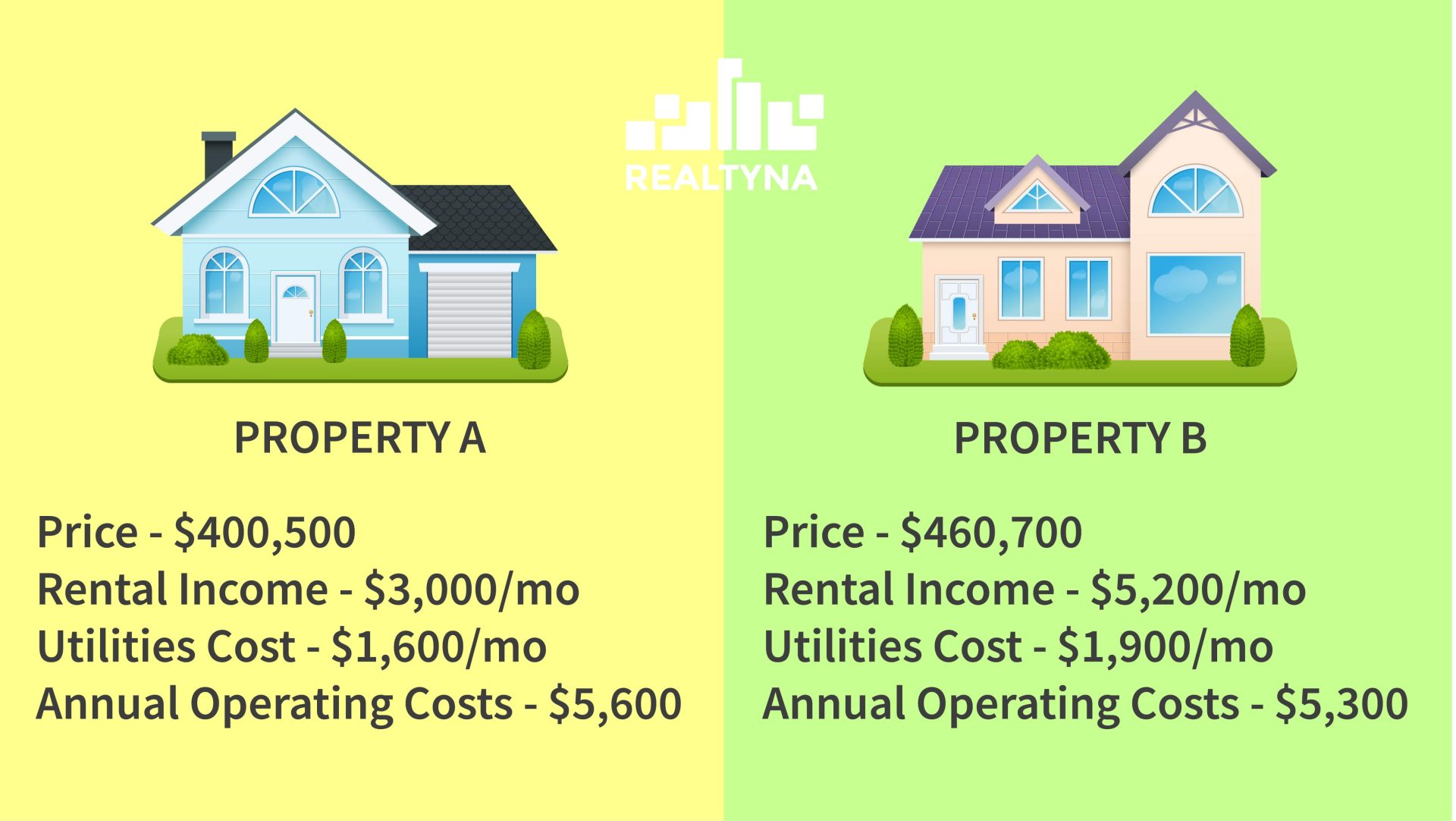A financier will sign an agreement to purchase a residential or commercial property and put down an down payment deposit. Then, they quickly attempt to offer the house to a house-flipper at a premium, earning an earnings. Essentially, a wholesaler gets a finder's cost for brokering a home sale to a house-flipper (what is a real estate agent). However, unlike conventional residential or commercial property brokers, a wholesaler utilizes their position as the contracted property buyer to broker the deal.
It requires noise due diligence and access to a network of possible buyers in order to sell the property within a brief timeframe at a rewarding rate. Otherwise, like house-flipping, you run the risk of not making a profit or, even worse, losing cash. Rental properties need hands-on management, too, however they have a long-term investment horizon.
Homeowner earn regular cash circulation normally on a month-to-month basis in the type of rental payments from tenants. This can supply a constant, reliable income stream for financiers, but it likewise requires a great deal of work or delegation of duties to ensure that operations run smoothly. Initially, you must discover occupants for your home.
Getting The How To Become A Real Estate Agent In Ny To Work
You are likewise responsible for performing background screenings for potential tenants (if you select to) and for supplying legally sound lease contract contracts to tenants. For each month that you do not have a tenant, you lose out on income from your investment. When you have renters, you have rather a bit more resultant responsibilities.
Depending on the number and size of rental properties that you own, residential or commercial property management can be a part-time or full-time task. Some real estate investors who don't wish to handle the management of a property agreement a home management business for a fixed fee or percentage cost of incomes. This takes some weight off a financier's shoulders, changing the property into more of a passive financial investment.
Short-term rental properties permit locals to lease their houses on a nightly basis, usually as an alternative to a hotel. Short-term rentals resemble rental properties, but they are specific to homes and holiday group timeshare usually only readily available for short-term durations. Unlike conventional leasings, short-term leasings, usually powered by business such as Airbnb and VRBO, let you lease a part or the whole of your house.
The Ultimate Guide To What Is A Real Estate Agent

Homeowner are accountable for furnishing and keeping the house for renters. Short-term leasings generally need much less expertise and supervision than traditional leasings for several reasons. Third-party websites, such as Airbnb and VRBO, help with the reservation of the rental home and develop the contract arrangement in between the homeowner and renter.
While short-term leasings can be a lucrative solution to the spare bedroom in your house, prior to listing, it is very important to be well-acquainted with the laws governing short-term leasings in your area. Home supervisors can ban renters from listing a leased house as a short-term rental. House owner associations have the power to prohibit short-term leasings, and in some cities, such as New york city and Los Angeles, there are existing constraints against kinds of short-term rentals.
Passive genuine estate investing deals opportunities to invest in realty for everyone: those with substantial realty and monetary knowledge and those with restricted or no proficiency. Passive investor usually supply only capital and permit experts to purchase property on their behalf. Just like stocks and bonds, they're only responsible for their own investments and not the fund at large.
See This Report about What Is Rvm In Real Estate
A private equity fund is an investment model where financiers pool their money together into a single fund to make investments in the private market. They are generally restricted liability collaborations with a designated manager or management group. While the supervisor actively handles the fund's investments, investors are not required to be directly included regularly.
Access to private equity funds is usually limited to accredited and institutional investors with a high net worth. Financial investment minimums can differ, but are generally not less than $100,000. Private equity funds generally utilize a "two and twenty" design, in which they charge a 2% yearly management fee and an extra 20% fee on any profits that the fund earns beyond a specified return.
Likewise structured as a pooled fund, a shared fund is an investment vehicle structured as a business, which swimming pools its customers' money together and invests on their behalf. Instead of owning possessions directly, shared fund financiers own shares of a shared fund and the fund itself owns the investments that it acquires and handles.
Our What Is Steering In Real Estate Statements

Property funds generally invest in investment vehicles that own genuine estate, such as genuine estate stocks or REITs, but can also invest directly into realty assets. They can also focus on any type of property or use a mix of domestic, industrial, and industrial. Unlike other funds talked about hence far, shared funds generally purchase openly traded properties, which provide high levels of liquidity.
Due to these qualities, genuine estate funds use normal investors a way to gain access to professionally handled genuine estate investments. However, since they hold openly traded properties, the net property value of their shares can be extremely associated to the motions of the stock market instead of connected to the worth of the possessions that they own.
Investment minimums, charge structures, portfolio allotment likewise vary by fund. Securities Exchange Commission (SEC) policies need shared funds to assign at least 80% of their assets to the investment type Find more info that's implied in the name of the fund. But, a fund's name can be deceptive, and shared funds are lawfully able to invest throughout industries and possession classes.
Examine This Report on What Is A Bpo In Real Estate
A property financial investment trust (REIT) is a company that makes debt or equity investments in business genuine estate. Generally, REITs offer a portfolio of income-producing real estate to investors. Financiers buy shares of the REIT and earn earnings from its debt and equity financial investments in the kind of dividends.
By law, a REIT must earn a minimum of 75% of its gross earnings from property and invest a minimum of 75% of its properties in real estate. Furthermore, it must distribute a minimum of 90% of its taxable income to investors each year (how to become a real estate agent in ny). Today, REITs can be classified according to financier gain access to in 3 ways: personal REITs, publicly-traded REITs, and public non-traded REITs.
They resemble personal equity funds in lots http://geleynaupn.booklikes.com/post/3435914/an-unbiased-view-of-what-is-a-short-sale-in-real-estate of ways: They are normally restricted to accredited investors who have a high net worth, and while minimums are subjective, they are generally rather high. Private REITs likewise generally carry high fees, often as much as 15%. Lastly, they are typically illiquid, which limits access to those who can afford to invest large amounts of cash for extended periods of time.
The Single Strategy To Use For What Is Blockbusting In Real Estate
Unlike most property financial investments, these are highly liquid with no financial investment minimum aside from the rate of the share, so financiers can purchase and offer them easily. While public REITs use the greatest access, due to the fact that they are correlated to the public markets like mutual funds, they are among the most unpredictable property investment methods.